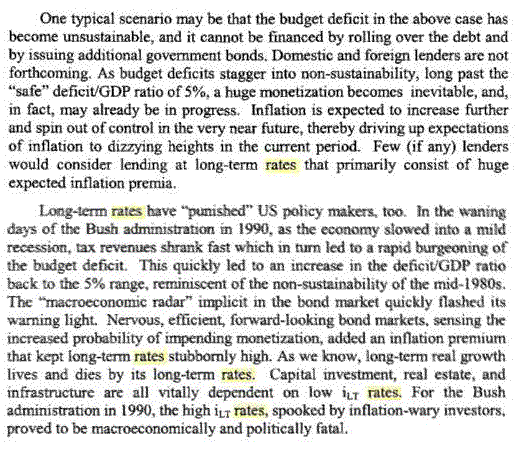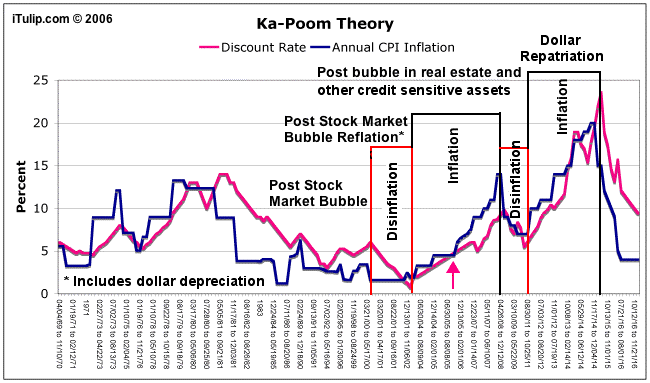 |
February 7, 2007 (Reuters)
The Federal Reserve sent record payouts of more than $4 billion in cash to Baghdad on giant pallets aboard military planes shortly before the United States gave control back to Iraqis, lawmakers said Tuesday.
The money, which had been held by the United States, came from Iraqi oil exports, surplus dollars from the U.N.-run oil-for-food program and frozen assets belonging to the ousted Saddam Hussein regime.
Bills weighing a total of 363 tons were loaded onto military aircraft in the largest cash shipments ever made by the Federal Reserve, said Rep. Henry Waxman, chairman of the House Committee on Oversight and Government Reform. (Watch Democrats put the former top U.S. official in Iraq on the spot Video)
"Who in their right mind would send 363 tons of cash into a war zone? But that's exactly what our government did," the California Democrat said during a hearing reviewing possible waste, fraud and abuse of funds in Iraq.
AntiSpin: Pop quiz: What's the difference between the Federal Reserve air lifting 363 tons of cash to the bankrupt economy of Iraq in 2003 and the Fed air lifting thousands of tons of cash to bankrupt U.S. cities some day off in the future, should a debt deflation run to its logical conclusion? Answer: Distance.
The picture is from a presentation by Evan F. Koenig, Vice President (pdf), Senior Economist, Federal Reserve Bank of Dallas, May 2003. I discuss the presentation at length in Ka-Poom is a Rhyme not a Repeat of History.
What's the likely outcome of the exponential credit inflation of the past 38 years? Some say deflation, others inflation. I say both, one after the other. Ludwig von Mises famously put it this way, "There is no means of avoiding the final collapse of a boom brought about by credit (debt) expansion. The alternative is only whether the crisis should come sooner as the result of a voluntary abandonment of further credit (debt) expansion, or later as a final and total catastrophe of the currency system involved."
When I read "The Great Reckoning" in 1989, I was introduced to the deflationist argument. When I read, "The Hyperinflation Survival Guide: Strategies for American Businesses" by Dr. Gerald Swanso a couple of years later, I was introduced the hyperinflation perspective. When I read "Deflation," by Gary Shilling in 1998, I read another argument for deflation. I’ve read a dozen books since then, including Peter Warburton's excellent "Debt and Delusion" and have argued the point with dozens of people over the years.
Not satisfied with any of these treatments of the cross-current of deflating leveraged assets (debt deflation) and inflating goods prices and, possibly, wages (due to currency depreciation), I developed my own theory in 1999, which I call Ka-Poom Theory, which describes a period of disinflation followed inevitably by a period of high inflation (not hyperinflation) as the Fed attempts to deal with the deflation and spurs, by lowering interest rates in the face of skittish foreign and domestic investors and in the condition of an already weakening dollar, a repatriation of dollars to the U.S., and an expatriation of domestic capital.
Some folks don't like this idea. They think it's too convenient a way out for careless borrowers, as if borrowers are getting away with something. But the idea that Joe and Jane with the flat panel TVs in the MacMansion they can't afford gets a get-out-of-jail-free card from a big inflation is false. Everyone with savings held in assets denominated in the local currency gets hammered in an inflation, as in Russia 1992 – 1993. Yes, debt gets wiped out, but so do savings, such as they are. The survivors are those with their savings sufficiently well shoveled off to foreign held assets–property, bonds, currency–and gold. That group is comprised largely by what Dr. Hudson refers to as the “creditor class,” which will have hedged the inflation long before it happens by moving their money out of the U.S., as occurred in Mexico, Peru, Germany, Hungary, Russia, and every other nation where a major inflation has ever happened. The smart money gets out before the event. (Note that Dr. Hudson never talks about gold.)
For a better understanding of how the bond markets, which are supplying the credit, behave as a major Ka-Poom style inflation approaches, I refer to Dr. Farrokh Langdana, Ph.D., Professor, Finance/Economics, Director, Rutgers Executive MBA Program (USA). In Macroeconomic Policy Demystifying Monetary and Fiscal Policy



Comment